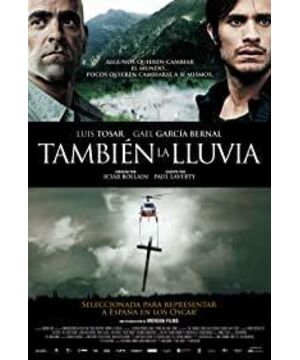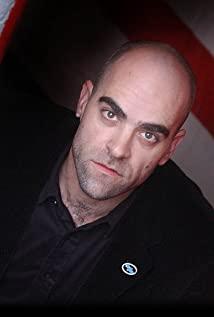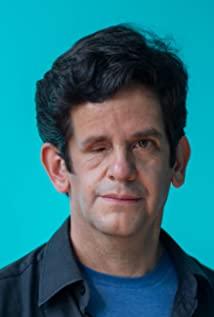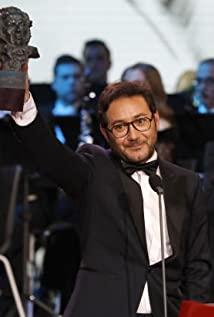In the film, Daniel said "water is our life", so fighting for the right to life is as unstoppable as fighting for the right to live. Just like the movies made by Sebastian, when Columbus held the banner of civilization and occupied the New World in the most savage way, resistance was the instinctive reaction of the native Indians tied to the cross. The body is bound, but the spirit never yields. The Indians on the altar said, "I despise your God, I despise your greed..." The
instinctual struggle made Daniel in and out of the film exude an unyielding power . He will play the native leader well not because of his talent for acting, but only because the one he plays is himself who is constantly fighting for the right to use water resources in reality. Because fighting is the instinct to survive. As Daniel said at the end of the film, "Every time we pay a heavy price, but we have no other way." In addition to fighting, only fighting, and only fighting can survive.
This is by no means a simple political film reflecting the national revolt caused by the Bolivian government's strict control over resources, especially water resources. It explores the question of what to do when people's survival instinct conflicts with their sociality.
In the film, the film shot by Sibasan is about the discovery and occupation of the New World by Columbus. Whether the discovery of the New World is a milestone of civilization or the history of blood and tears of the Indians is a very controversial topic.
Perhaps civilization is a struggle between survival instinct and sociality—to achieve human social progress and advance the process of civilization at the expense of the living space of some “backward races”. This is a battle of survival and development. ——To realize the development needs of the whole society or even only a small group of people at the cost of the survival of some people.
The key question is, who is willing to be sacrificed?
Obviously, the native Indians in the "New World" were unwilling, and neither were the deprived citizens of Bolivia. Who would want to? nobody.
Survival is an instinct, and civilization is just a game for entertainment in the face of this powerful biological instinct. When human existence is threatened, civilization can only be a wreath on the altar - it will eventually become a sacrifice of life and dissipate into ashes. That's why Costa is desperate to save Daniel's young daughter in the film, because at this moment, limited life is more important than the eternal film.
"In this world, there is something more important than your movie." Daniel's words raised a crucial question in the film - is there anything more important than a movie in this world?
Those two actors who were about to evacuate when they heard about the turmoil in their host country, they are not the ones who should be condemned, but for them, the instinct of life is beyond the meaning of art and film, and they are also ordinary people with flesh and blood. Maybe they are cowardly, maybe they are contemptuous, but they are thousands of ordinary little people like us, and they make us feel that we are not alone.
As for the stubborn director Sebastian who refused to leave, the actor Anton who called himself "Old Evil" and played Columbus, and Costa, who helped the Daniel family and never gave up on the movie. They are beyond instinct in this film. For them, the survival instinct is nowhere near what art and friendship mean to them. As a director, Sibastan is thinking about his films all the time, and it is precisely because of his obsession with performing arts that Dandong got the title of "Old Evil Ghost" in his mouth.
And Costa, just because of Teresa's "You are a friend", Costa who went to help her save her child regardless of her life, and Costa whose eyes were wet when she hugged Daniel at the end, friendship means far more to it. Beyond life and art. Do you think he said "I'm going to help Sibastan finish his film" because of his obsession with art? No, I believe it is only because of his persistence in friendship, because he values this friendship, so he would rather treat the needs of his friends as his own needs and realize his friends' dreams as his own.
Many ordinary people like Daniel and Teresa have built the framework of this society and supported the backbone of this society's development. But it is the existences beyond instinct in the film, such as Sibastan, Dandong, and Costa, who give our society colors other than instinct, such as love and dreams.
The director did not say who is greater than the other. Daniel does not appear to be much inferior to the art-seeking Sibastan just because he is dedicated to defending the right to exist. This society is always diverse. When Costa hugs Daniel, when Dandong puts the The arrested protester handed a can of beer. Can we think of this as a blend between civilization and instinct?
Is there anything in this world more important than movies? You have your answer.
View more about Even the Rain reviews











